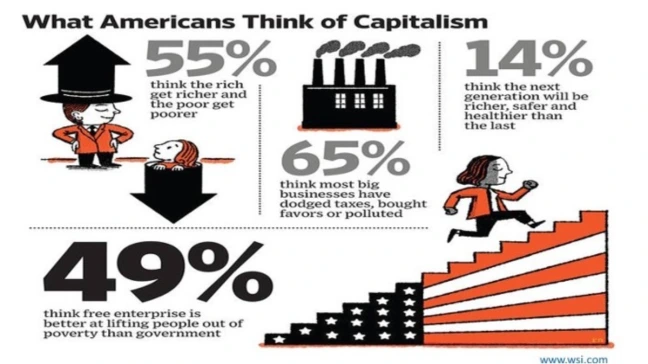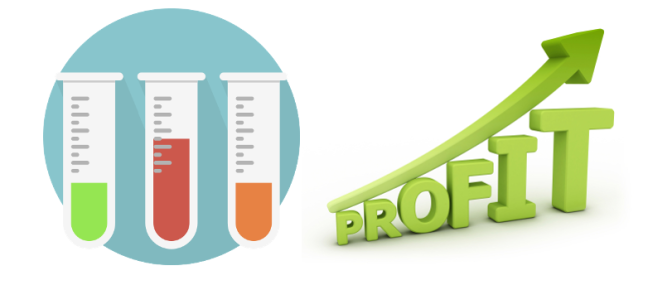In its first decade, research on commercial determinants of health (CDoH) focused heavily on the role of the tobacco, alcohol, and food industries in the rising burden of widening inequities in non-communicable diseases such as heart conditions, diabetes, cancer, stroke, and lung diseases. While these industries do play a powerful role in shaping global patterns of health and disease, this post highlights two recent studies that expand the scope of this work to other sectors and industries. Readers are invited to send notices of other recent (2021) CDoH articles that study outcomes other than NCDs and sectors beyond food, alcohol, and tobacco.
The COVID-19 Pandemic Exposes Another Commercial Determinant of Health: The Global Firearm Industry
Firearms have a significant impact on the health of individuals and societies globally, with a disproportionate burden on low- and-middle-income countries (LMICs). The firearms industry uses strategies to promote the sale and use of their products that are detrimental to health and therefore should be viewed through a commercial determinants of health lens. Coupled with the heightened risks during the COVID-19 pandemic, the threat to health posed by the firearms industry necessitates public health research, intervention, and collaboration. Public health practitioners and policy makers should increase efforts to reduce the burden of firearm violence. Public health researchers should use a commercial determinants of health lens when investigating health risks caused by firearms. When discussing solutions to firearm violence, public health practitioners and policy makers should include perspectives from LMICs and vulnerability.
Citation: The COVID-19 Pandemic Exposes Another Commercial Determinant of Health: The Global Firearm Industry, Adnan A. Hyder, Meghan Werbick, Lauren Scannelli and Nino Paichadze, Global Health: Science and Practice June 2021, 9(2):264-267
Pharmaceuticals As a Market For “Lemons”

Drawing on economic theory and institutional analysis, this paper characterizes pharmaceuticals as a multi-tier market of information asymmetry in which actors in each tier have substantial control over how much they disclose about hidden risks of harm. Such a market rewards the production and sale of “lemons.” Current incentives and institutional practices reward developing a large number of barely therapeutically innovative drugs and ignoring their often hidden or understated harmful side effects. The probability of benefits decreases but the chances of lemons adverse events do not. The details presented here deepen understanding of how markets for lemons thrive on information asymmetry, secrecy, and power.
Citation: Light DW, Lexchin JR. Pharmaceuticals as a market for “lemons”: Theory and practice. Social Science & Medicine. 2021 ;268:113368.





